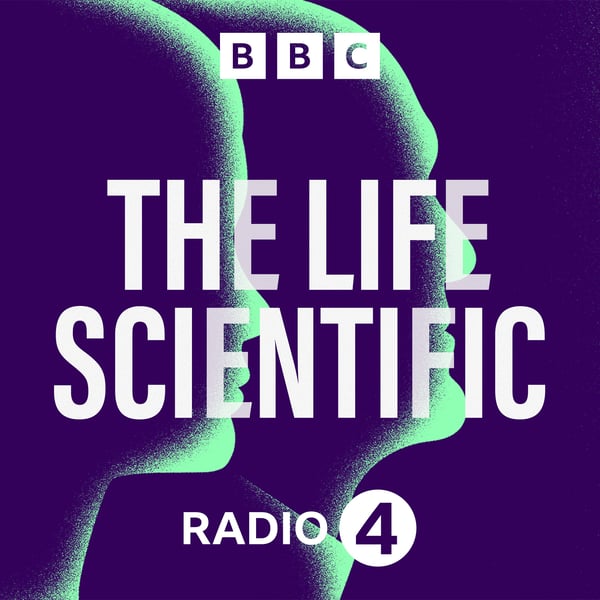Chris Llewellyn Smith on nuclear fusion
The Life Scientific
BBC
4.6 • 1.4K Ratings
🗓️ 1 July 2014
⏱️ 29 minutes
🧾️ Download transcript
Summary
Transcript
Click on a timestamp to play from that location
| 0:00.0 | You're about to listen to a BBC podcast and I'd like to tell you a bit about the |
| 0:03.8 | podcast I work on. I'm Dan Clark and I commissioned factual podcasts at the BBC. |
| 0:08.6 | It's a massive area but I'd sum it up as stories to help us make sense of the forces shaping the world. |
| 0:15.0 | What podcasting does is give us the space and the time to take brilliant BBC journalism |
| 0:20.0 | and tell amazing compelling stories that really get behind the headlines. |
| 0:23.7 | And what I get really excited about is when we find a way of drawing you into a subject |
| 0:28.3 | you might not even have thought you were interested in. |
| 0:30.2 | Whether it's investigations, science, tech, politics, culture, true crime, the environment, |
| 0:36.0 | you can always discover more with a podcast on BBC Sounds. |
| 0:40.0 | Thank you for downloading the Life Scientific from BBC Radio 4. |
| 0:44.0 | When it comes to big science, it doesn't get any bigger than the sort of physics with which my |
| 0:49.2 | guest today has been involved during his illustrious career and neither does the subject |
| 0:54.2 | matter get any smaller. So Chris Luellen Smith was the director general of Cern in |
| 0:59.6 | Geneva in the 90s. He put together the proposal, secured funding and oversaw the beginning |
| 1:06.6 | of construction of the large Hadron Collider. He's run the world's biggest nuclear |
| 1:12.0 | fusion research laboratory of its kind in |
| 1:14.7 | column in the UK and he's been chairman of what will be its much larger successor |
| 1:19.9 | Eater currently being built in France. Back in the 60s and 70s he was at the forefront of developing |
| 1:26.1 | the theory behind what we now call the standard model of particle physics. But perhaps |
| 1:31.8 | it's the sphere of what one might call international scientific |
| 1:35.3 | diplomacy that has been his particular forte over the years. Chris, welcome to the |
| 1:40.4 | life scientific. Hello. With the first- class degree in physics from Oxford, graduating in 1964, you could have done almost anything, |
... |
Please login to see the full transcript.
Disclaimer: The podcast and artwork embedded on this page are from BBC, and are the property of its owner and not affiliated with or endorsed by Tapesearch.
Generated transcripts are the property of BBC and are distributed freely under the Fair Use doctrine. Transcripts generated by Tapesearch are not guaranteed to be accurate.
Copyright © Tapesearch 2025.

